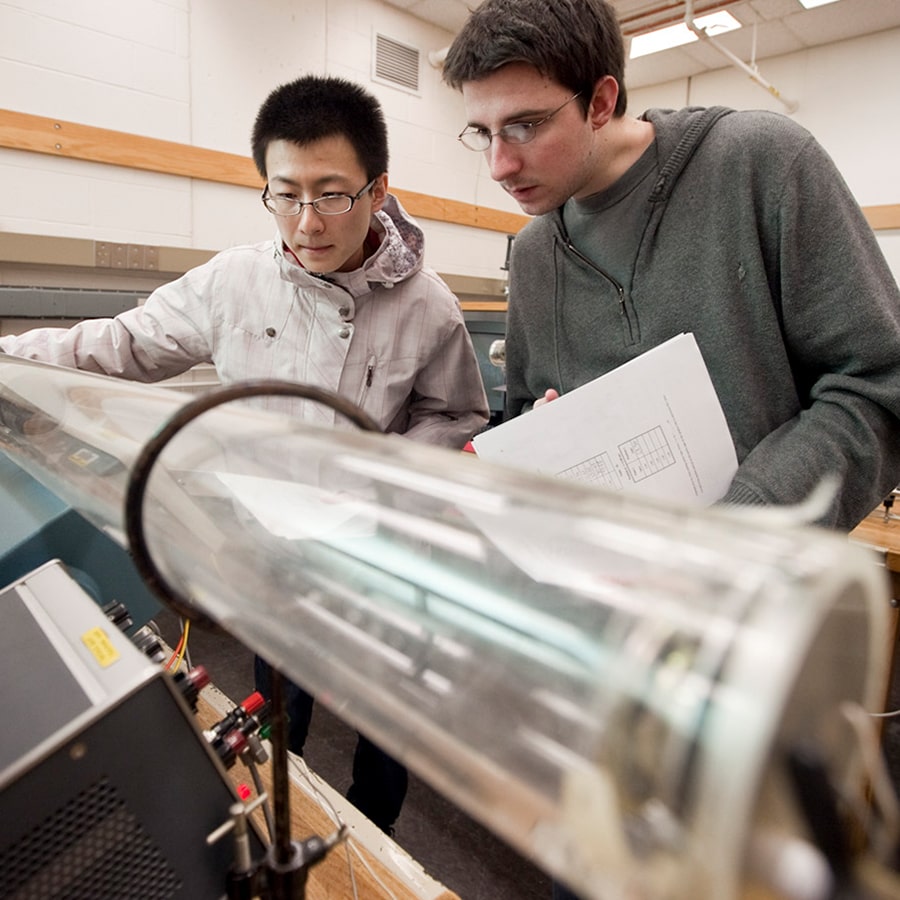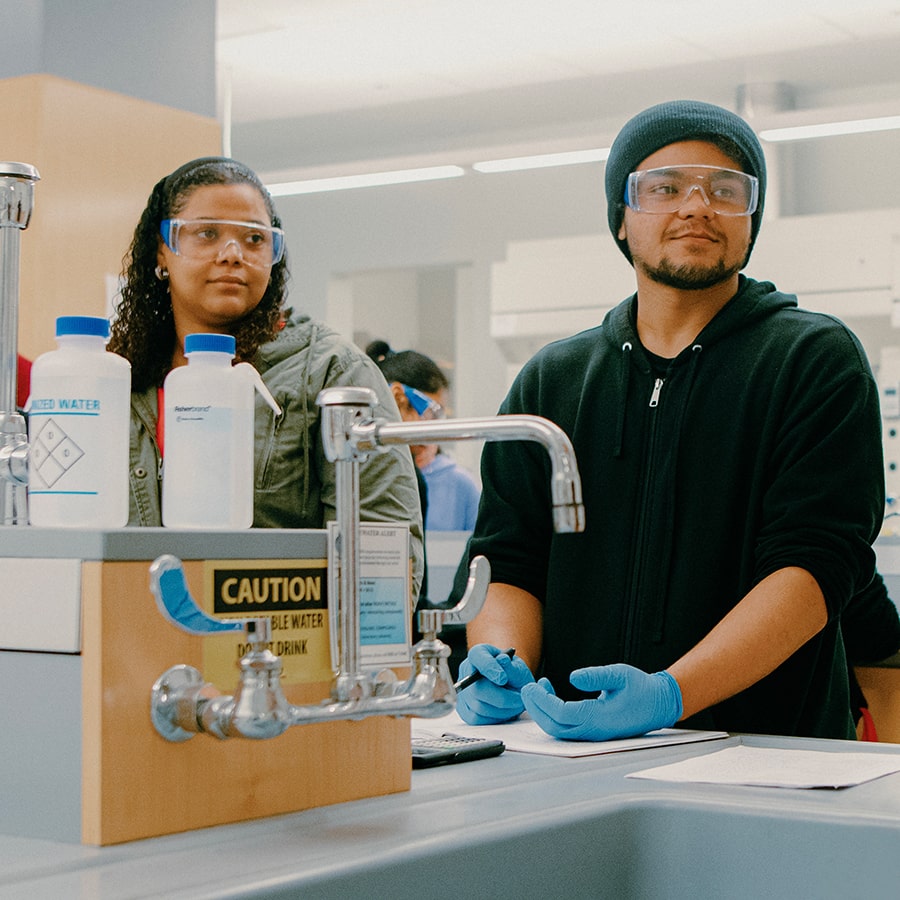Plan Your Education
How to Apply
Apply for Admission
Please review the first-year and transfer apply pages for important information about application requirements, deadlines, and application status check.
Financing Your Education
Become a Beacon and pursue your passion in UMass Boston’s diverse, supportive environment. Many students across our 200+ undergraduate and graduate programs receive financial aid—providing access to an education that’s exceptional and affordable. Click below to learn more about financial aid opportunities and deadlines.
Financial Aid Deadlines & Application Process
Scholarships for First-Year & Transfer Students
Deadlines & Cost
Early action deadline: November 1; Regular Decision Deadline: June 15
Financing Your Education
Become a Beacon and pursue your passion in UMass Boston’s diverse, supportive environment. Many students across our 200+ undergraduate and graduate programs receive financial aid—providing access to an education that’s exceptional and affordable. Click below to learn more about financial aid opportunities and deadlines.
Financial Aid Deadlines & Application Process
Scholarships for First-Year & Transfer Students
For additional information regarding tuition and fees, please visit the Bursar’s Office or send an email to Bursar@umb.edu.
Curriculum
Introductory Courses (12 Credits)
- PHYSIC 113 - Fundamentals of Physics I 4 Credit(s)
- PHYSIC 114 - Fundamentals of Physics II 4 Credit(s)
- PHYSIC 181 - Physics Laboratory I 2 Credit(s)
- PHYSIC 182 - Physics Laboratory II 2 Credit(s)
Required 200 and 300-Level Courses (21 Credits)
- PHYSIC 211 - Introduction to Contemporary Physics 3 Credit(s)
- PHYSIC 214 - Thermodynamics 3 Credit(s)
- PHYSIC 281 - Physical Laboratory I 3 Credit(s)
- PHYSIC 312 - Mechanics 3 Credit(s)
- PHYSIC 321 - Theory of Electricity and Magnetism I 3 Credit(s)
- PHYSIC 322 - Theory of Electricity and Magnetism II 3 Credit(s)
- PHYSIC 382 - Intermediate Laboratory 3 Credit(s)
Required Mathematics Courses (7 Credits)
- MATH 242 - Multivariable and Vector Calculus 4 Credit(s)
- MATH 270 - Applied Ordinary Differential Equations 3 Credit(s)
Required Chemistry Courses (10 Credits)
- CHEM 115 - Chemical Principles I Lecture 3 Credit(s)
- CHEM 116 - Chemical Principles II Lecture 3 Credit(s)
- CHEM 117 - Chemical Principles I Laboratory 2 Credit(s)
- CHEM 118 - Chemical Principles II Laboratory 2 Credit(s)
Required Computer Science Course (3 to 4 Credits)
- CS 110 - Introduction to Computing 4 Credit(s)
or - CS 109 - Computer Programming for Engineers 3 Credit(s)
Advanced Physics Courses (9 to 11 Credits)
- PHYSIC 421 - Atomic Physics and Introduction to Quantum Mechanics 3 Credit(s)
- Two additional PHYSIC courses at the 300-level or higher.
For more information on curriculum, including course descriptions and degree requirements, visit the Academic Catalog.
Learning Outcomes
- Students acquire appropriate competence in physics foundations and have been given a working knowledge of methodologies in a wide range of sub-fields in modern physics.
- Students acquire competence in laboratory skills and can work independently.
- Students acquire the ability to select from an array of analytic and computational tools to solve specific problems.
- Students are able to scientifically justify this decision and gauge its efficacy.
- Students acquire competence in laboratory skills and can work independently.
- Students acquire the ability to select from an array of analytic and computational tools to solve specific problems.
- Students are able to scientifically justify this decision and gauge its efficacy.
- Students demonstrate the ability to extend ideas from one area of physics to problems in other areas or disciplines.
- Students are broadly aware of the challenging and open problems of the day.
- Students are encouraged to engage in research at the earliest opportunity.
- Students can relate and articulate the connections between abstract theoretical constructs and reality.
- For Bachelor of Science majors in Physics and Engineering Physics our goal is to prepare our students for professional careers in science. This includes preparing them to be successful in graduate programs in Physics or other fields, but to also to make them aware of a wider array of post-graduate and job options. Students acquire appropriate competence in physics foundations and have been given a working knowledge of methodologies in a wide range of sub-fields in modern physics.
Graduation Criteria
If this is the student’s only or primary major, the degree requirements below must be completed for graduation. See graduation requirements for more information.
College of Science and Mathematics Requirements for Bachelor of Science
Major Requirements
Complete at least 62 credits from 21 courses including four introductory courses, seven required 200 and 300-level courses, two math courses, four chemistry courses, one computer science course, and three upper-level electives.
GPA: A minimum GPA of 2.0 is required for all physics courses.
Pass/fail: No physics courses taken pass/fail beyond the introductory level may be applied toward the major. No mathematics courses taken pass/fail may be applied toward the major.
Residency: At least seven physics courses used for the major must be completed at UMass Boston.
Contact
Department of Physics
W04-0045
University of Massachusetts Boston
100 Morrissey Blvd.
Boston, MA 02125 -3393
Email: Physics@umb.edu
Telephone: 1-617-287-6050

Department of Physics
Learn more about UMass Boston's Physics department, our research, and our faculty.
Explore the Department of Physics
College of Science & Mathematics
Learn more about the faculty, research, and programs that make up our College of Science and Mathematics.
Explore Now